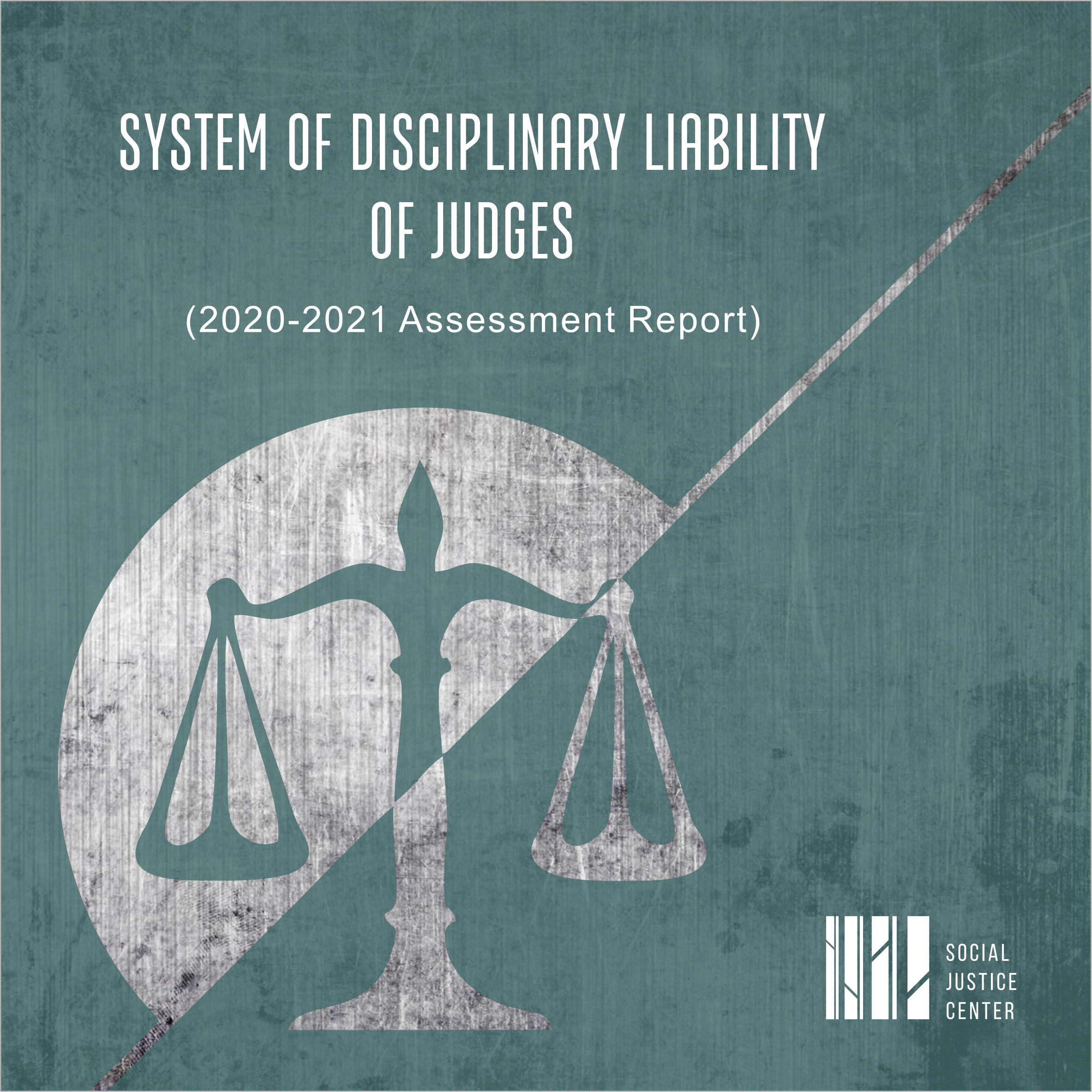საერთო ცხელი ხაზი +995 577 07 05 63


The changes made in the framework of the "fourth wave" of judicial reform were a step forward in improving the system of disciplinary liability. Certain institutional, procedural or substantive issues have been significantly improved. However, a number of problems remained in the legislation and practice that needed further refinement. In contrast, the legislative changes of 30 December 2021 were an explicit step backward in terms of the institutional arrangement of the bodies involved in disciplinary proceedings, transparency, and effectiveness of the system, as well as independence guarantees for individual judges. The regulation of disciplinary proceedings, which was adopted by the Parliament of Georgia hastily and without widespread public involvement, fails to meet the real legal and practical challenges and to ensure a fair and reasonable balance between the independence and accountability of individual judges.
The present document critically analyzes legislative framework formed as a result of the "fourth wave" and the legislative changes of December 30, 2021, statistical data, as well as the dynamics of staffing of bodies participating in disciplinary proceedings and their practice.
The report is the third in a row and covers the period from January 1, 2020 to December 31, 2021. In addition, it should be noted that the main findings revealed in different periods of monitoring do not differ significantly and include the following problems:
This document has been prepared in the framework of the project "Support the independent and fair judiciary" which is implemented by Social Justice Center with the financial support of the Embassy of the Kingdom of the Netherlands. The contents of this report are the sole responsibility of Social Justice Center. The information and assessments provided in the document do not necessarily reflect the views of the Embassy of the Kingdom of the Netherlands in Georgia.
The website accessibility instruction